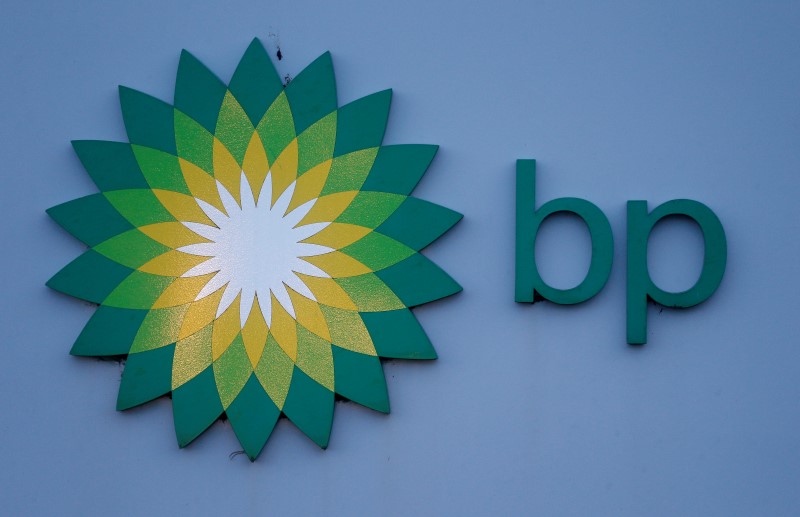By Valerie Volcovici
WASHINGTON (Reuters) - The Obama administration on Thursday unveiled new oil well control rules to prevent the kind of blowout that happened six years ago on a BP Plc (L:BP) rig in the Gulf of Mexico.
The Interior Department's Bureau of Safety and Environmental Enforcement announced the finalised regulations, which include more stringent design requirements and operational procedures for offshore oil and gas operations.
The new standards come nearly six years after a deadly explosion and fire on the Deepwater Horizon oil rig off the cost of Louisiana, which led to the worst oil spill of all time.
The Macondo well blowout and the fire on April 20,2010 killed 11 workers.
Interior Secretary Sally Jewell told reporters the rule took six years to complete because the agency wanted to understand the root cause of the disaster.
"There are a number of things that went wrong," she said. "It was important that we understood those things and the evolution of technology."
The Interior Department said it took into account industry and other stakeholder feedback since it first proposed the rule last April.
To improve the "culture of safety" on oil rigs and prevent future spills or blowouts, the new rule tightens requirements for blowout preventers, well design, well control casing, cementing and sub-sea containment.
It also calls for real-time monitoring, third party reviews of equipment, regular inspections and safe drilling margin requirements.
The agency estimates the new rule would cost the industry $890 million over a 10-year period, but would yield $1.5 billion in benefits.
Republican Louisiana Senator David Vitter slammed what he called an "overarching" rule that would "kick our oil and gas industry while it’s down.”
Industry lobby group the American Petroleum Institute said it is still reviewing the document, but said technical problems in the initial proposal could cause unintended consequences if they remain.
Offshore drilling has seen at least 1,066 injuries, 496 fires and explosions, 22 losses of well control, 11 big oil spills and 11 fatalities since the Deepwater Horizon accident, according to the Interior Department.
Jacqueline Savitz, vice president of the ocean protection advocacy group Oceana, said the new standards were "a significant improvement over the status quo" since Congress has not passed legislation to improve offshore drilling safety but are "absolutely not sufficient to protect our oceans."

Earlier this month, a federal judge in New Orleans approved BP's $20 billion settlement, paving the way for Gulf restoration to begin.